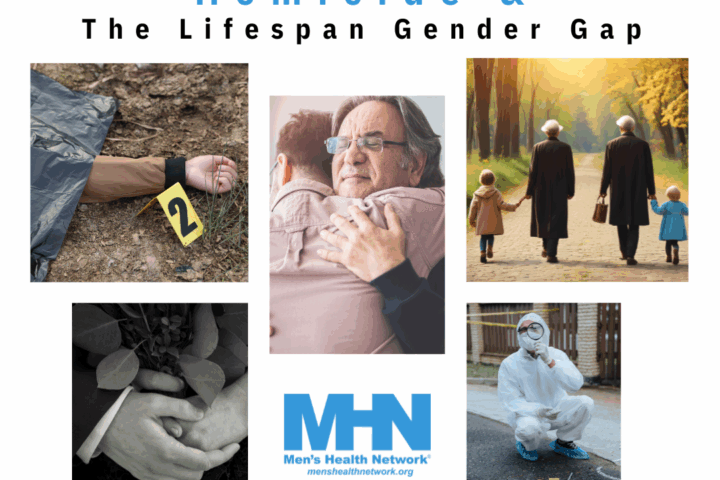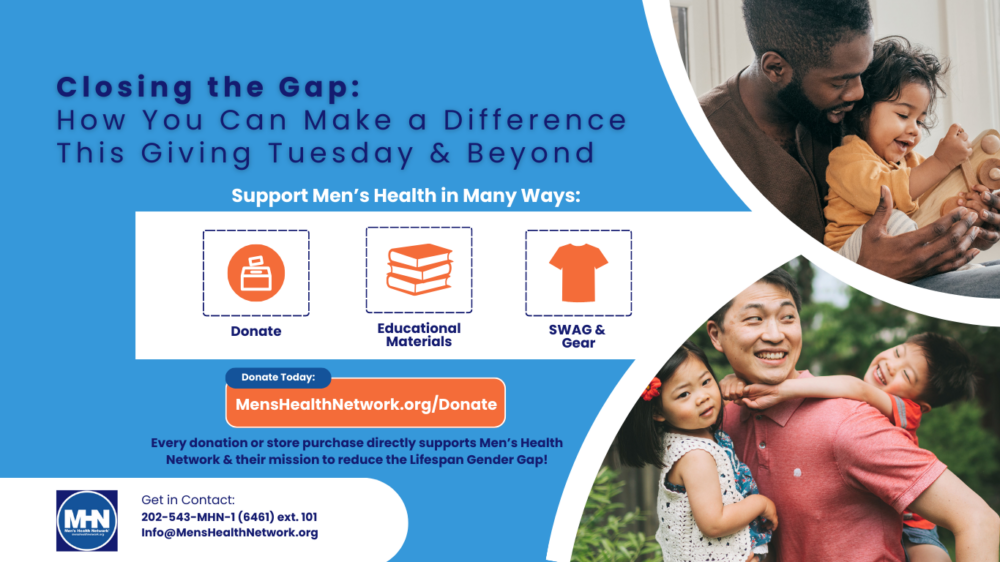If you’re an adult over the age of 35, chances are you have an aging parent in your life and a new worry to keep you up late at night – the very real possibility mom or dad might lose their nest egg to senior financial fraud or exploitation. One in five people in the U.S. over the age of 65 report having fallen victim to some form of financial fraud, to the tune of almost $3 billion a year. And those numbers don’t show any sign of slowing down.
Red Flags Your Aging Relative is Suffering from Financial Exploitation
- Missing funds – This is the obvious one. If mom is a victim of elder financial exploitation – whether it’s by a family member, a fraud ring, or a predatory marketing scheme – they are going to have less money as a result. Keep an eye on the gifts being given during the holidays.
- New friends – All too often these senior entrapment schemes rely on the perception that the senior is susceptible, isolated, or even lonely. This is a tactic used by con artists, malicious caregivers, predatory telemarketers, and deceptive infomercial offers alike. If someone is suddenly spending a lot of time with mom or dad, get to know who the person is and what the nature of the relationship is, and it might be a good time to do a quick review of their bank accounts.
- Small clues in conversations – Sometimes if mom says something that doesn’t quite make sense, you just brush over it. She mentions her grandson’s trip to Mexico and you think to yourself “oh, she must mean Florida and got confused.” Maybe she’s talking about being tricked by the grandparent scam, in which someone posing as a relative in a tough situation cons the elderly person into wiring money abroad.
- Lots of phone calls from telemarketers – Telemarketers know that older adults are particularly vulnerable to their tactics. And once they discover a viable target the calls can come nonstop, even if your parent is on a Do Not Call list. You may be surprised to find out that telemarketers call your parent more often than you or the grandkids do. Every one of those calls is a financial mishap waiting to happen.
- Secrecy – Seniors suffering from financial entrapment often feel fear or shame about the situation they are in. If mom suddenly doesn’t want to talk about money anymore, that’s exactly the time when maybe you should be having a conversation about money.
In the end, the biggest thing is information. Make sure you have access to all the accounts and statements and are reviewing them periodically in a transparent, friendly way. As people age, they often need their family as a partner to help manage money – don’t wait until there is a problem to start building that partnership!



